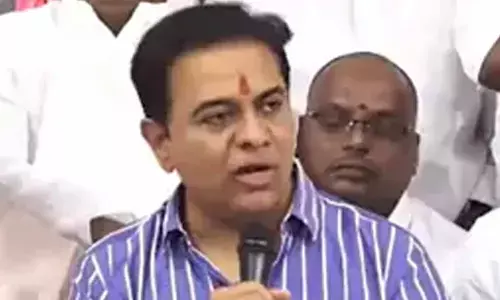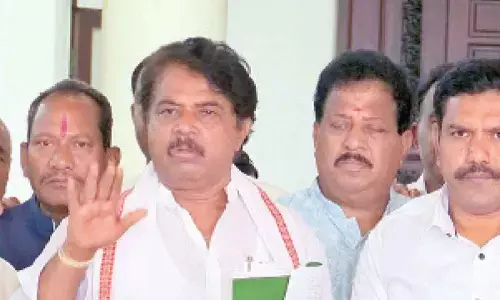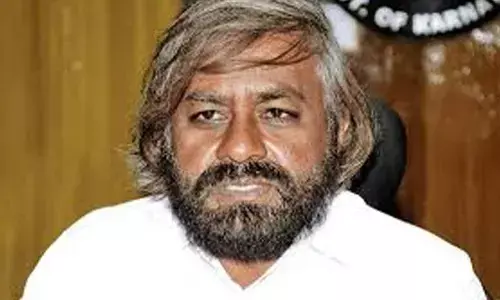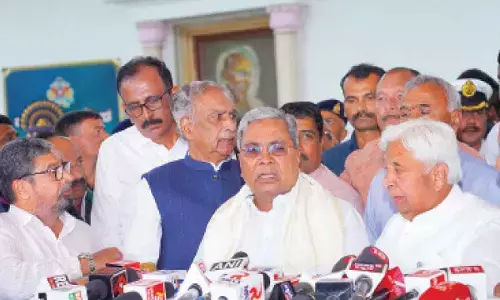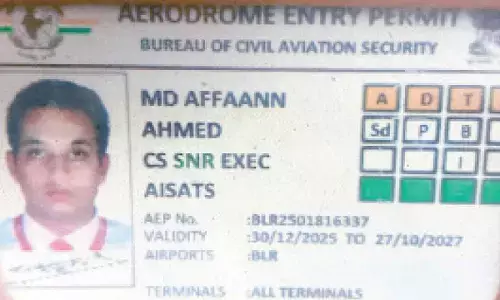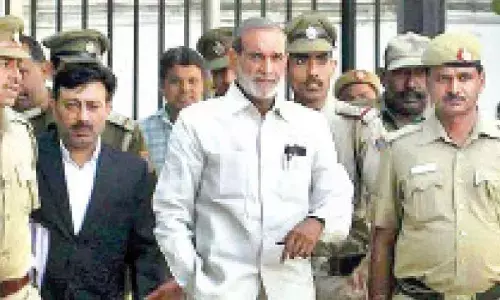Net neutrality our natural right

Net neutrality our natural right. Airwaves are the property of humanity and the Internet is a common heritage of the entire universe. Openness is generally an idea but Internet is its platform facilitated by technological innovation.
.jpg) If TRAI wants to facilitate internet to survive, it should ensure neutrality, not to harm it. Every net user should demand and fight for freedom on the net. Citizens should become vibrant netizens to protect the Internet from ISP’s greedy plans to control the content. It is to secure democracy and protect expression. They should not be allowed to build walls to keep competition out, or give unfair advantage to established internet businesses and harm both consumer welfare and innovation
If TRAI wants to facilitate internet to survive, it should ensure neutrality, not to harm it. Every net user should demand and fight for freedom on the net. Citizens should become vibrant netizens to protect the Internet from ISP’s greedy plans to control the content. It is to secure democracy and protect expression. They should not be allowed to build walls to keep competition out, or give unfair advantage to established internet businesses and harm both consumer welfare and innovation
Airwaves are the property of humanity and the Internet is a common heritage of the entire universe. Openness is generally an idea but Internet is its platform facilitated by technological innovation. It allows people to connect and exchange information freely, if the information or service is not illegal. Much of this is because of the idea of net neutrality. Neutrality shall be natural to net. It is ‘Ne(a)tural Right of Netizens.’
Net neutrality means a lot for India, which is world’s third largest internet user base after China and the US. The principle of equality demands that all traffic travelling across the Internet be treated equally at all stages. Smart phones and mobile internet together created a global platform where distance became irrelevant. Articles 14 to 16 of the Indian Constitution guarantee equality as a basic right and Article 19 grants expression of freedom. Technology should facilitate it, but should never hinder. When born, the internet was free.
When it took off in its first decade of 80s and 90s, there were no limitations. ISPs followed the ethical value of maintaining neutrality. Even today it is a gentlemen agreement. An ISP shall not control the traffic or users of their servers. Whether it is Youtube or Facebook, the data rate or speed should be same for every consumer using any web application. What Constitution assures and technology facilitates cannot be taken away by the commercial companies and policy-makers without vision. Two basic characters made today’s vibrant internet what it is.
First is freedom on net: users are free to choose and browse. What the Constitution guarantied but could not realise was expanded by this technology. One can criticise even the ISP through which he was connecting. Net independence is new form of press freedom and connecting to any website should be a fundamental right. Free net enlivens freedom of expression. Second is equality. Level-playing field is assured on the internet. To start a daily in print, one should be a millionaire, but to start a website, a small investment is enough. One’s creativity brings popularity.
Content makes the creator a popular writer. One need not depend upon the cable operator’s mercy, like a cable TV channel. Highly popular networks like Google, Facebook, Twitter and several other web wonders created from innovative enterprisers because of this freedom. Speed of technology and its widest possible reach is the part of freedom, if that is limited, it’s a major breach of freedom of speech. An ISP cannot dictate or control traffic in its server. They cannot charge for Youtube or Netflix depending on requirement of bandwidth compared to other websites. ISPs cannot expect to share the money with such websites.
If net neutrality is not assured, big players will make big business with package plans and services will be rated high depending on their reach. It is unnatural for ISP to charge differently for different services like pay less for domestic websites and more for international. They cannot charge more assuring more speed or reach. Packages and add-ons intended to increase restrictions on consumers and impose are not acceptable. Innovation thrives only in free space. If a startup company can create a better video hosting site than YouTube, it should not be asked to pay more.
None shall monopolise speed or reach or differentiate rates. Internet should be open, free and neutral for innovation. Internet being a space for competition and innovation, Gmail could beat Microsoft’s Hotmail, Facebook could dominate Google’s Orkut and Facebook also outsmarted Rupert Murdoch’s Myspace. By Mozaic, Microsoft tried to create its own space on internet and faced tough time with Mozilla which is a browser that worked on open source. Wikipedia would not have taken off for free as an open sourced content without freedom had the pay-for-use Encyclopaedia been able to privilege itself on net.
In India, the secondhand market online with Quikr, OLX could emerge because of free net. YouTube is started by creative PayPal employees to share videos in 2005, which became instant success in one year and Google purchased it in 2006. WhatsApp is a major success with innovation. Facebook called it ‘talent acquisition’, for which it paid $19 billion. This merger was approved by the European Commission only after ensuring that competition will sustain. Game-changers emerged because of freedom and space. Skype is another such major innovation. Consumers should pick the winners, not telcos and ISPs.
Telecoms like Airtel, Uninor, Reliance Communications, Tata Teleservices developed plans to offer Facebook or Whatsapp at nominal charges or for free. If they offer some for free but not to others, it will be nothing but discrimination. Airtel earlier planned to separately charge for voice-over-internet calls such as Skype or Viber. But it was forced to withdraw because of strong criticism by youth on social media. Airtelzero faced strong resistance, kicking up a high debate for net neutrality. One of the India’s largest online retailers, Flipkart, retreated from Airtel, the largest mobile company of India.
Flipkart, which is facing stiff competition with Amazon and Snapdeal, cannot be put into advantageous position by ISPs, such as AirtelZero. Subsidization of platform for Flipkart or such other companies will violate net neutrality. In India there are no rules to regulate net neutrality. The TRAI (Telecom Regulatory Authority of India), tried in 2006 and again now to introduce certain rules through ‘consultation processes.’ If TRAI wants to facilitate internet to survive, it should ensure neutrality, not to harm it.
Every net user should demand and fight for freedom on the net. Citizens should become vibrant netizens to protect the Internet from ISP’s greedy plans to control the content. It is to secure democracy and protect expression. They should not be allowed to build walls to keep competition out, or give unfair advantage to established internet businesses and harm both consumer welfare and innovation.
Cyberspace should be free and should not give space for digital racism. It is good to note that young content developers and digital innovators protected their freedom by quickly questioning the attempt to throttle neutrality on social media. TRAI should secure democracy and freedom of speech and expression.








